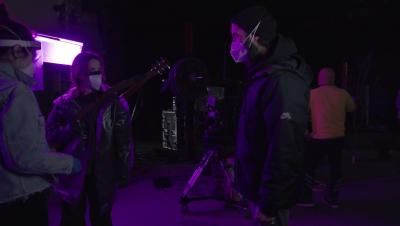Systems | Development | Analytics | API | Testing
Testing
The latest News and Information on Software Testing and related technologies.
Top 10 Automated Mobile Testing Tools in 2021 | Latest Update
Mobile testing is the process of testing mobile applications for functionality, usability or performance through the use of tools or open-source frameworks. Smartphones, tablet PCs, or every new release of the iPhone with the smallest changes, makes mobile testing, and automated testing, imperative to detect regression bugs and enables teams to ship quality applications.
Continuous Testing With the Power of Perforce
Scaling Mobile Test Automation Using XCUITest in the Sauce Labs Cloud
Kick-Start Automation Testing with Katalon Recorder
Software testing was initially a manual activity, however, due to the importance of speedy delivery, the transition to automation testing is predictable. Unfortunately, this shift can become an overwhelming voyage, especially for startups without a dedicated QA team. Suppose you are a manual tester (or developer) seeking an automation solution to speed up your project.
Cloud Testing at Facebook
At Speedscale, we are on the cutting edge of defining autonomous testing for the cloud era. However, we aren’t the only company trying to solve this problem and we enjoy learning from every perspective. That’s why Facebook’s recent blog article about autonomous testing caught my eye. They’ve built a sophisticated autonomous test system that introduces many of the same techniques we utilize.
Site Reliability Engineering and performance testing with Stephen Townshend (k6 Office Hours #32)
TestOps: The Future of Software Testing
Although terms like “quality testing” may seem modern, software testing has been around since the advent of computing roughly 70 years ago. Harvard University scientist Grace Murray coined the terms “bugging” and “debugging” in 1947 when a literal “bug” — in this case, a moth — got stuck in the computer circuitry and interrupted a connection.
Virtual Production - Introduction
Distributed By Design: What is remote work like at Testlio?
Testlio is a globally distributed company with over 150 TestLions working from more than 20 countries around the world 🌍. While many companies had to quickly transition to a remote model in 2020, at Testlio it has always worked this way — we’ve been distributed by design ever since we started back in 2013. So, what is it like working in a distributed-by-design culture?











